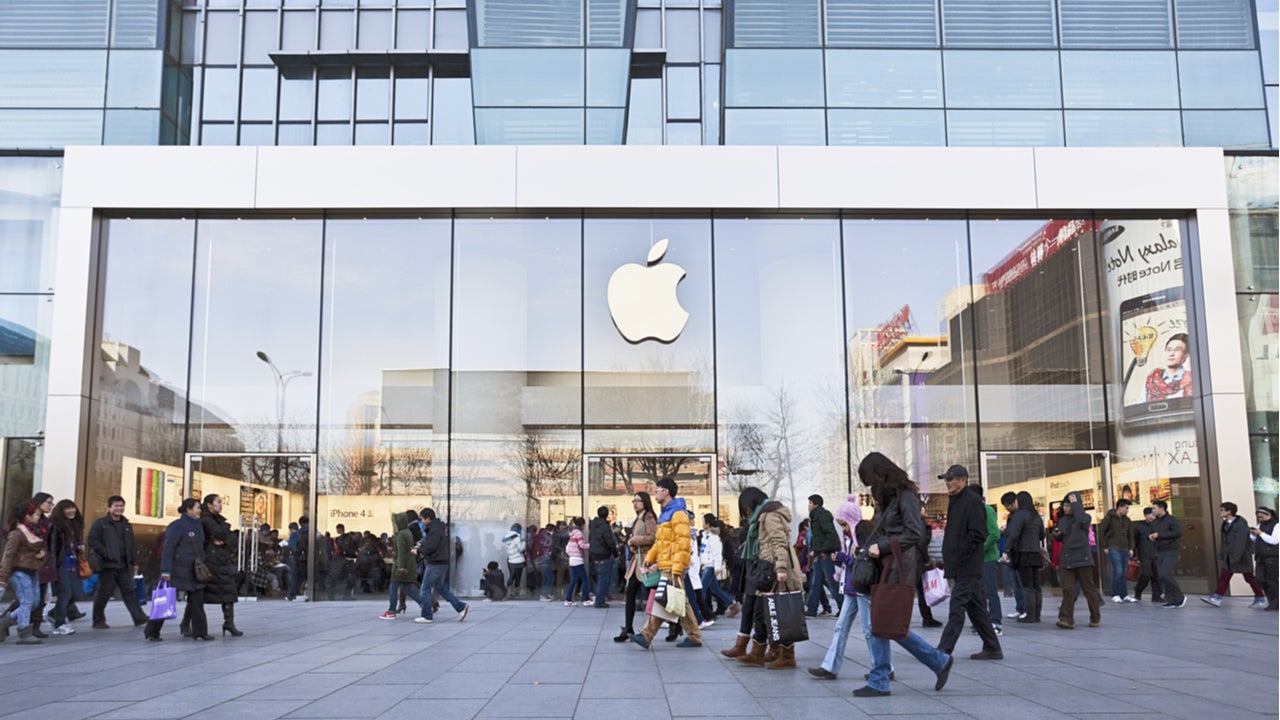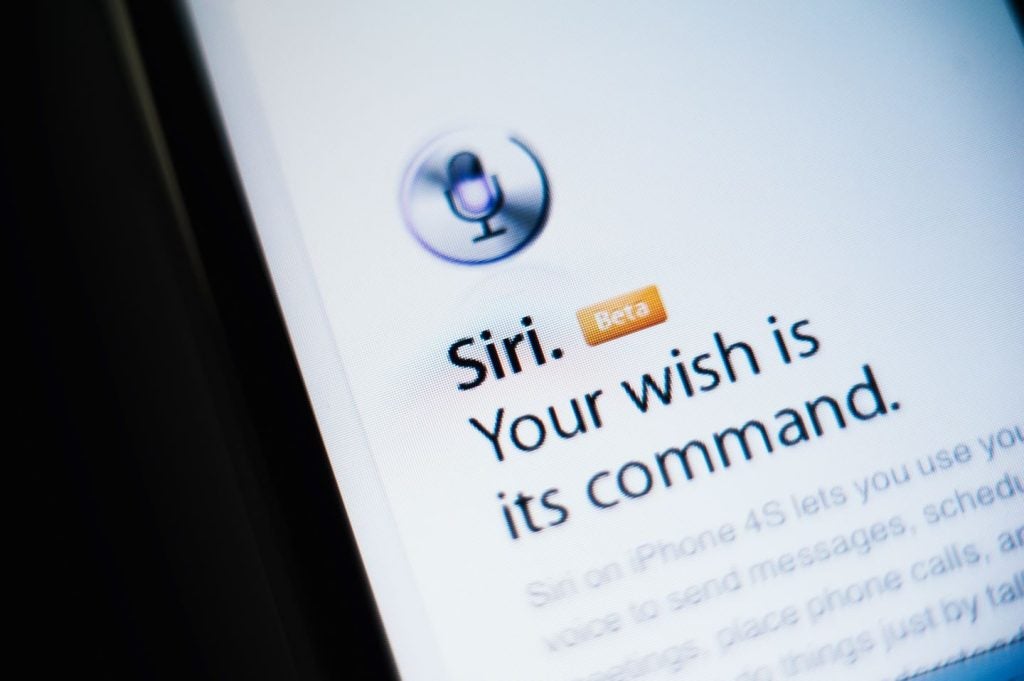
China has officially overtaken Taiwan as primary supplier nation to Apple. The world’s most valuable tech company’s supplier list for fiscal year 2020, just released, shows that 51 of its top suppliers were based in China or Hong Kong. Despite the ongoing trade war with the US and talk of economic decoupling, China’s importance in the global tech supply chain keeps growing.
Over the past two years, Apple added nine Chinese companies to its supplier list, knocking Taiwan out of the top spot for the first time since the tech giant began publishing the list in 2013.
The report covers 98% of the company’s spending on materials, manufacturing and assembly for the fiscal year. Though it does not disclose procurement values for each company, the report functions as an indicator of Cupertino’s reliance on global suppliers. Except for fiscal year 2019, the list has been updated every year and made accessible since 2013. Apple did not give an explanation why it did not release supplier information for 2019.
The tech titan’s former top supplier nation, Taiwan, lost ground in 2020. Some 48 Taiwanese companies made the supplier list last year, down from 47 in 2018. The island still serves as Apple’s second-largest supplier. Taiwanese partners on the list include Foxconn (formally traded as Hon Hai Precision Industry) and Pegatron, which remain two of Apple’s largest and oldest suppliers.
Despite Washington’s call to boost domestic supply chains and to decrease reliance on foreign companies, the number of Apple suppliers based in the US has dropped to 32 from 37 in 2018. Most of the companies still on the list – including 3M, Corning, Micron, Lumentum and Qualcomm – supply high-value semiconductors and specialist materials which are only made by a limited number of companies.
US President Joe Biden may be less vocal on issues relating to China compared to his predecessor. However, in his election manifesto, he did pledge to “bring back critical supply chains to America so we aren’t dependent on China.”
How well do you really know your competitors?
Access the most comprehensive Company Profiles on the market, powered by GlobalData. Save hours of research. Gain competitive edge.

Thank you!
Your download email will arrive shortly
Not ready to buy yet? Download a free sample
We are confident about the unique quality of our Company Profiles. However, we want you to make the most beneficial decision for your business, so we offer a free sample that you can download by submitting the below form
By GlobalDataApple’s list further shows that the number of Japanese suppliers has also fallen to 34 from 38 in 2018.
Meanwhile, the number of Apple suppliers based in Vietnam grew to 21 from 14 in 2018. Seven of those 21 companies are owned by Mainland China or Hong Kong-based entities. These include AirPods assembler Luxshare Precision Industry and GoerTek, which have been producing Apple’s wireless earphones since 2020.
China’s expanding importance as a global tech supplier indicates that sanctions put in place by US regulators have not hampered the country’s manufacturing industry. This has become particulary apparent during the Covid-19 pandemic since the country was able to contain the coronavirus and reopen its domestic economy rapidly in 2020.
“China’s mature manufacturing industry still has its attractiveness despite the US-China tensions,” Singapore-based research firm IDC told the South China Morning Post.
Chinese suppliers can reportedly offer low prices which would be hard to achieve for suppliers based elsewhere.
“They are willing to take low-margin business that other suppliers are reluctant to pick up. This way, they could gradually level up by working with Apple and can later bid for more business the next time,” an Apple supply chain manager told Nikkei Asia.





